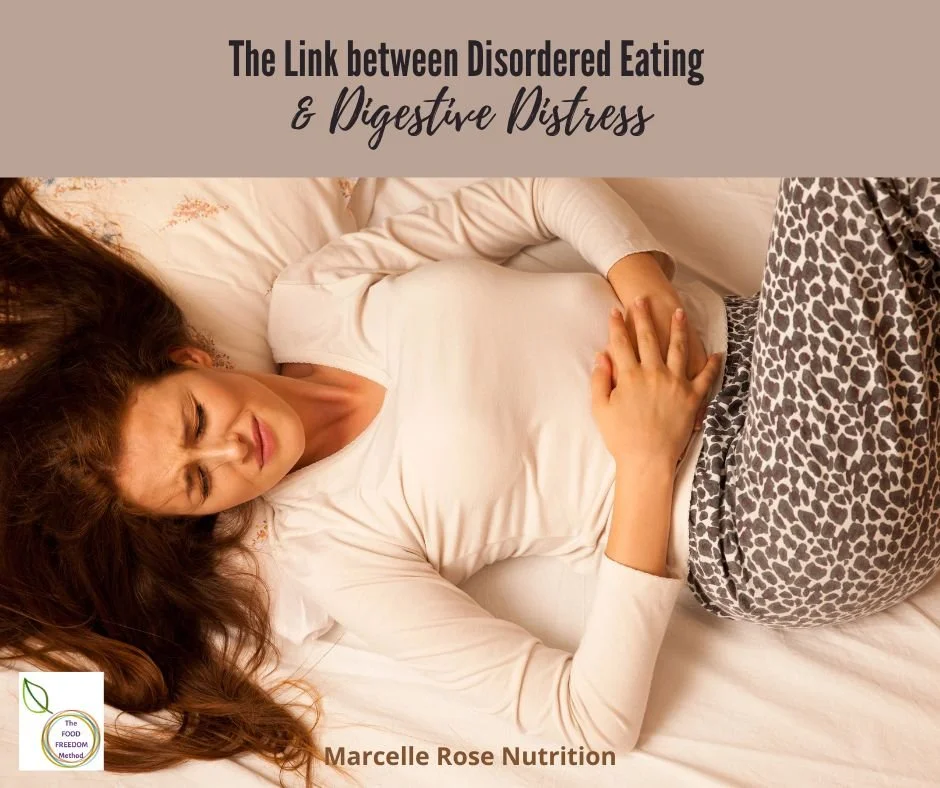Do you view yourself as a normal eater? It's possible that your eating habits have become so ingrained that they feel normal to you, even if there might be underlying issues. You may not have identified as a disordered eater, as many of the signs are accepted as normal with in our culture.
Often, I’m approached by people seeking help for weight loss when they are struggling with problematic eating behaviours that need to be addressed. Focusing on weight loss
So, what sets apart normal eating from disordered eating or eating disorders? It’s Eating Disorder Awareness Week so I’m shining a light on the differences of something that is often complex and misunderstood.
ARE YOU A DISORDERED EATER?
You do not need to have all the signs to suffer with disordered eating. Here are 8 signs that you may be:
1. You restrict your food, be it counting calories, avoiding food groups, or engaging in severe dieting
2. You experience some bingeing episodes (but do not meet diagnostic criteria for Binge Eating Disorder)
3. You find yourself excessively exercising in order to change your body size
4. You sometimes vomit after eating (self -induced)
5. You use laxatives or diet pills in order to change your body size.
6. You experience a degree of body image distortion
7. You make judgments about yourself and your value based on your body size, weight or shape
8. You are persistently preoccupied with food, dieting, eating and your body
The path of disordered eating may be a precursor to an eating disorder. Both are on a continuum, making it easy for someone with disordered eating to transition into eating disorder territory. Individuals might also cycle through various eating disorders in their lifetime.
The eating disorder charity BEAT estimates that 1.25 million people are currently suffering from an eating disorder in the UK. This is only the only the tip of the iceberg representing those who have been officially diagnosed. Many others remain undiagnosed, so the figure is likely to be higher.
Eating disorders are not limited to a specific demographic; they can affect individuals of any background, ethnicity, gender, age, or body size. Contrary to the common misconception, someone need not be underweight in order to have an eating disorder.
WHAT DOES A BALANCED RELATIONSHIP WITH FOOD AND BODY LOOK LIKE?
· You exercise for fun and health
· You have a good body image – accept it without trying too hard to change it, or evaluate it
· Your overall eating patterns are balanced (perhaps you miss the odd meal or occasionally overeat)
· You do not obsess over food, eating, diets or your body
· You might emotionally eat sometimes- but this is not your only coping mechanism and it does not cause you distress.
Do you long for a happy relationship with food, but are feeling lost on where to begin? Grab my FREE guide Breaking the Cycle - Your First Steps to Healing Your Relationship with Food, to kickstart your journey today
This invaluable resource will help you:
✔️Know when you’re really hungry and when you’re not
✔️Learn when to eat that’s best for you
✔️Know the best snacks to help you stop craving and feeling out of control







